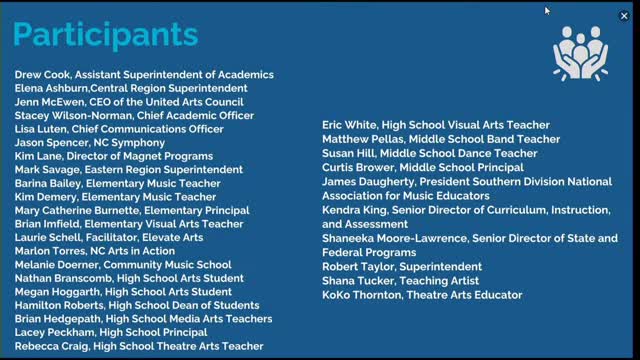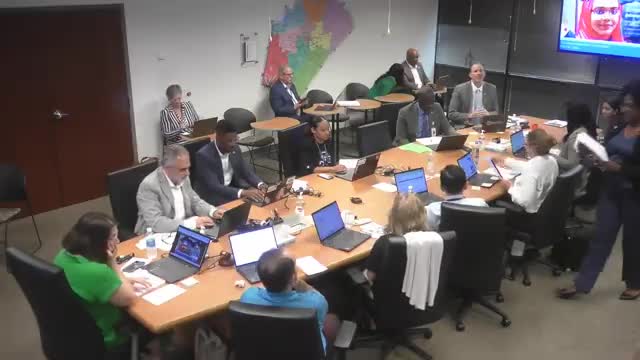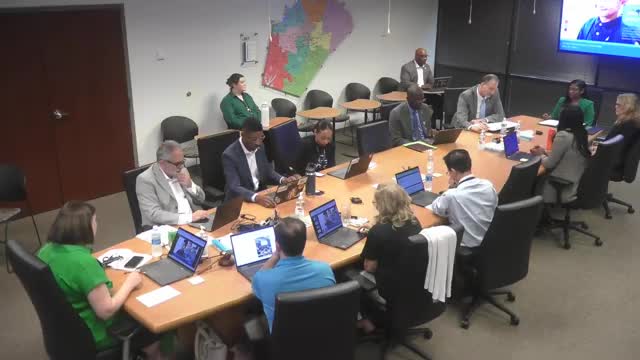Article not found
This article is no longer available. But don't worry—we've gathered other articles that discuss the same topic.

Wake County proposes 3–5 year performing arts framework with instrument library, scheduling task force

Wake County seeks feedback on draft AIG plan; second-grade universal screening, new high-school supports proposed

